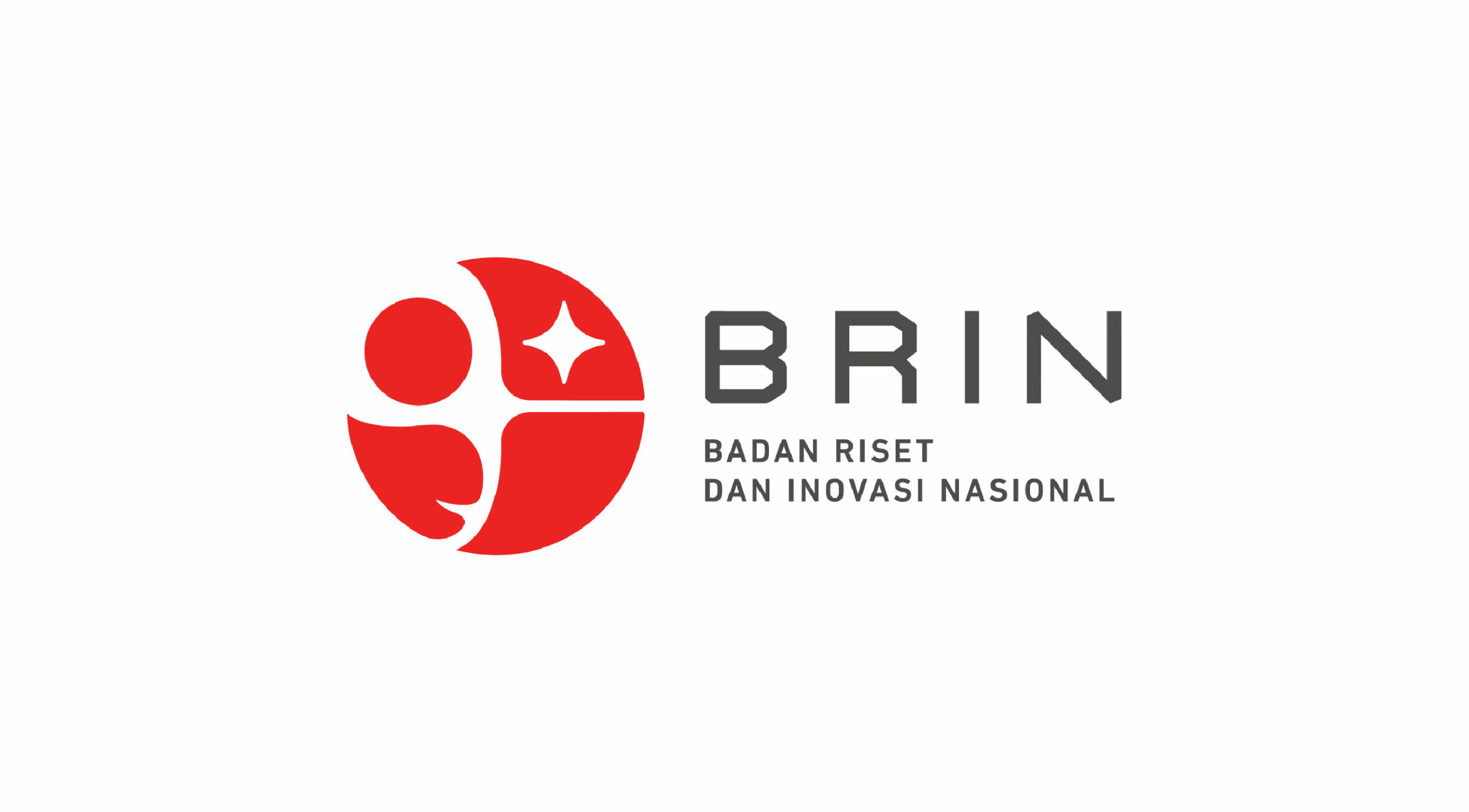The Indonesian Council Ulama (MUI) and Religious Discourse In Indonesia
DOI:
https://doi.org/10.33752/tjiss.v2i2.2609Keywords:
MUI, Fatwa, Islam IndonesiaAbstract
This paper wants to explore the existence and role of the Indonesian Ulema Council (MUI) in religious discourse and practice in Indonesia. This research is library research using the theory of Critical Discourse Analysis by Norman Fairclough. The approach of this research is the political approach of Islamic law in Indonesia. Results This study found research findings related to the existence and role of MUI in the process of forming Islamic discourse in Indonesia. The MUI was designed by the government of the New Order Era as a medium of communication between the government and the ulama. The position of MUI in this era is more dominant in its role as "khodimul Hukumah" (government servant) and in the reform order its role has shifted to "khodimul ummah" (servant of the ummah). MUI as a big umbrella for Muslims has played a big role in shaping religious discourse in Indonesia through its products, namely fatwas and non-fatwas. Among the non-fatwa are in the form of tawsiyah, Tadzkiroh, amanah, attitude statements and appeals. Even though the fatwa and non-fatwa are morally binding, politically legal products of MUI products are often accommodated by the government into a legally binding public policy (law). In this context, the MUI has had an influence in the formation of religious discourse through the process of transformation from religious authority to state authority through government public policies.
More about this source textSource text required for additional translation information
Send feedback
Side panels
Downloads
References
Ansori. Penggunaan Qowa’id Fiqhiyyah Dalam Fatwa Fatwa Majelis Ulama Indonesia (MUI). Yogyakarta: Yogyakarta : Pasca Sarjana UIN Sunan Kalijaga Yogyakarta, 2018, 2018.
Anwar, Syamsul. “FatwÄ, Purification and Dynamization: A Study of TarjÄ«h in Muhammadiyah.†Islamic Law and Society 12, no. 1 (2005): 27–44.
As’ad, Muhammad. “Mengapa Jepang Memilih Hadratussyaikh: Analisa Sejarah Ditunjuknya KH. Hasyim Asy’ari Menjadi Ketua Masyumi.†Tebuireng: Journal of Islamic Studies and Society 1, no. 1 (2020): 85–103. https://doi.org/10.33752/tjiss.v1i1.1656.
———. “Religion and Politics In Indonesia: Attitudes and Influences of The Indonesian Council of Ulama (MUI) on The General Election.†MA Thesis, Leiden University, 2010.
———. “The Muhammadiyah Criticism against Mawlid Tradition over Centuries.†Journal of Indonesian Islam 13, no. 2 (2019): 350–72.
———. “Ulama in Indonesian Politics: Analysis on the Attitudes of The Majelis Ulama Indonesia (MUI) on the General Elections.†Akademika 16, no. 1 (June 2022): 75–90. https://10.30736/adk.v16i1.764.
Bagir, Zainal Abidin. “Defamation of Religion Law in Post-Reformasi Indonesia: Is Revision Possible?†Australian Journal of Asian Law 13, no. 2 (2013): 1–16.
Bruinessen, Martin van. “Indonesia’s Ulama and Politics. Caught between Legitimising the Status Quo and Searching for Alternatives.†Prisma -The Indonesian Indicator (Jakarta) 49 (1990): 52–69.
Dijk, Cees van. “Religious Authority, Politics, and Fatwas in Contemporary Southeast Asia.†In Islamic Law in Contemporary Indonesia, Ideas and Institutions, edited by R. Michael Feener and Mark E. Cammack, 44–65. Cambridge: Harvard University Press, 2007.
Fealy, Greg. Tradisionalisme Radikal; Persinggungan Nahdlatul Ulama-Negara. LKIS PELANGI AKSARA, 1997.
Hadi, Syamsul. “The Indonesian Council of Ulama.†Indonesia Circle. School of Oriental & African Studies. Newsletter 18, no. 50 (1989): 31–41. https://doi.org/10.1080/03062848908729718.
Hasyim, Syafiq. “Council of Indonesian Ulama (Majelis Ulama Indonesia, MUI) and Its Role in the Shariatisation of Indonesia.†PhD Thesis, Freie Universität, 2014.
———. “Fatwa Aliran Sesat Dan Politik Hukum Majelis Ulama Indonesia (MUI).†Al-Ahkam 25, no. 2 (2015): 241–66.
Hooker, Michael Barry. “Islam and Medical Science: Evidence from Malaysian and Indonesian FatÄwÄ, 1960-1995.†Studia Islamika 4, no. 4 (1997): 1–33.
Ichwan, Moch Nur. “Menuju Islam Moderat Puritan: Majelis Ulama Indonesia Dan Politik Ortodoksi Keagamaan.†In Conservative Turn: Islam Indonesia Dalam Ancaman Fundamentalisme, edited by Moch Nur Ichwan and Ahmad Najib Burhani. Bandung: Mizan Media Utama, 2014.
———. “MUI, Gerakan Islamis, Dan Umat Mengambang.†Ma’arif Institute 11, no. 2 (December 2016): 87–104.
———. “The Local Politics of Orthodoxy: The Majelis Ulama Indonesia in the Post-New Order Banten.†Journal of Indonesian Islam 6, no. 1 (2012): 166. https://doi.org/10.15642/JIIS.2012.6.1.166-194.
———. “Ulama, State and Politics: MUI after Suharto.†Islamic Law and Society 12, no. 1 (2005): 45–72.
Kaptein, Nico J.G. “The Voice of the Ulamâ’: Fatwas and Religious Authority in Indonesia.†Archives de Sciences Sociales Des Religions 125, no. January-March (2004): 115–30.
Kaptein, Nico JG, and Michael Laffan. “Theme Issue: FatwÄs in Indonesia.†Islamic Law and Society 12, no. 1 (2005): 1–8.
Khuluk, Lathiful. Fajar Kebangunan Ulama; Biografi KH. Hasyim Asy’ari. Yogyakarta: LKIS Pelangi Aksara, 2000.
Kutoyo, Sutrisno. Kiai Haji Ahmad Dahlan Dan Persyarikatan Muhammadiyah. Jakarta: Balai Pustaka, 1998.
Luth, Thohir. M. Natsir: Dakwah Dan Pemikirannya. Jakarta: Gema Insani, 1999.
Misrawi, Zuhairi. Hadratussyaikh Hasyim Asy’ari: Moderasi, Keumatan, Dan Kebangsaan. Jakarta: Penerbit Buku Kompas, 2010.
Mohammad Atho Mudzhar. Fatwas of The Council of Indonesia Ulama: A Study of Islamic Legal Thought in Indonesia 1975-1988. Bi-Lingua. Jakarta: INIS, 1993.
Mulkhan, Abdul Munir. Kiai Ahmad Dahlan: Jejak Pembaruan Sosial Dan Kemanusiaan. Jakarta: Penerbit Buku Kompas, 2010.
Salim, Arskal. Challenging Secular State: The Islamisation of Law in Modern Indonesia. Honolulu: University of Hawaii Press, 2008.
Tim Editor. Himpunan Fatwa Majelis Ulama Indonesia. Jakarta: Sekretariat Majelis Ulama Indonesia, 2010.
Ulum, Bahrul. Ulama Dan Politik : Nalar Politik Kebangsaan Majelis Ulama Indonesia (MUI). Yogyakarta: Pustaka Pelajar, 2015.
Downloads
Published
How to Cite
Issue
Section
License
Based on the license terms, users are free to:
- Share: copy and redistribute the material in any medium or format
- Adapt: mix, transform, and build upon the material for any purpose, even commercially.
- The licensor cannot revoke these freedoms as long as you follow the license terms.
Under the following terms:
- Attribution: You must give appropriate credit, provide a link to the license, and indicate if changes were made. You may do so in any reasonable manner, but not in any way that suggests the licensor endorses you or your use.
- No additional restrictions: You may not apply legal terms or technological measures that legally restrict others from doing anything the license permits.

















